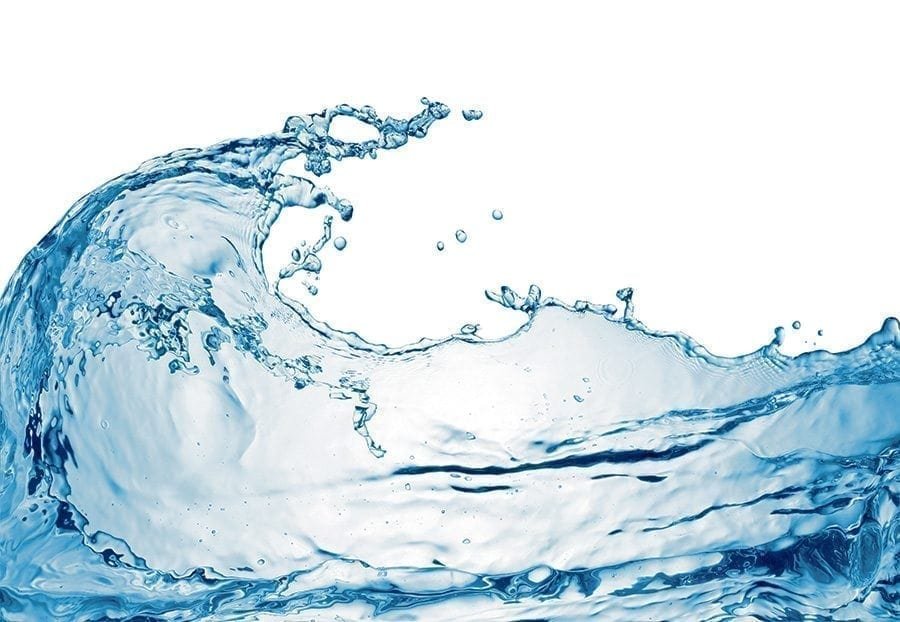When North Yorkshire County Council gave the green light to frack Ryedale, the decision was slammed by campaigners as both undemocratic and environmentally short-sighted.
A reported 99.2% of local residents were against Third Energy’s plans to frack for shale gas near Kirby Misperton in North Yorkshire; the last time hydraulic fracturing took place in the UK – near Blackpool in 2011 – Cuadrilla caused two earth tremors.
It’s not as if there aren’t other options: in fact, an entirely different energy proposition was announced by the private sector just a couple of weeks after Third Energy’s planning application received council approval.
Linton Lock is a renewable energy scheme that will benefit the environment, strengthen ecosystems and support local businesses. On top of that, anyone who has invested in the project can expect to see a 7.5% return each year.
Linton Lock
Around 75% of energy from running water is converted into electricity, making hydro power more efficient than any other form of renewable electricity generation. With no direct CO2 emissions, it is also one of the cleanest forms of renewable energy.
Working in partnership with Triodos Bank, Linton Hydro successfully closed a £2.5 million secured bond in June to develop a hydro power scheme on the River Ouse in North Yorkshire.
The money raised will be used to develop a 280kW hydro power scheme at Linton Lock, and to acquire Flowpower, a separate 100kW hydro power scheme nearby that’s already operational.
The Linton Lock scheme should be generating electricity by the first quarter of 2017. Once up and running, the two projects are expected to generate 1.87GWh of electricity in total – that’s enough to power the equivalent of 450 homes. The two schemes combined represent the largest hydro project in Yorkshire and use the largest Archimedean Screw turbine in the world.
The impacts
As part of the Linton Lock scheme, a series of modern fish passes will be installed alongside the new turbine in the Ouse. At the moment migratory fish species – including salmon, sea trout, brown trout, lamprey and eels – struggle to progress upstream to their historic spawning grounds because it’s difficult to pass the lock.
An existing dilapidated fish pass at the lock will be refurbished and three new modern fish passes installed. The newly created channel for the fish pass has been designed so it’ll also serve as a specialist canoe pass, enabling canoeists to pass the weir on their way downstream.
The Linton Lock scheme will also supply electricity to a local free-range chicken farm at a price that’s mutually beneficial. Any surplus power will be sold to the grid.
TOTNES WEIR
A project of this scale and ambition requires serious expertise, and the team in place has a track record of delivering. This is the third time Triodos Bank has raised money for a project executed by Castleford Engineering, Fishtek and MannPower (see box, below). Together, the projects have received £4.6 million of funding.
In April 2015, Dart Renewables Limited partnered with Triodos’ corporate finance team to raise £1.3 million through a secured bond issue to help finance a 300kW hydro power scheme at the Totnes weir on the River Dart in Devon. Developed and built by the same consortium of companies delivering the Linton Lock scheme, construction was completed on schedule in December 2015 and the scheme is now generating 15% more power than was expected. The new hydro scheme provides cheap, clean electricity to KEVICC, a local secondary school at the heart of the Totnes community, with any excess power sold back to the grid.
The river Dart is one of the South West’s most famous fishing rivers, with runs of migratory salmon and sea trout as well as indigenous populations of brown trout, eels and other species. The migratory salmon and trout spawn in the river; the smolt (young fish) then migrate seawards before returning to the river in which they were born to spawn. Numbers of migratory salmon and sea trout in the river Dart have been in decline for many years; difficulty in passing the Totnes weir is thought to be one of the main causes of their decline.
The existing fish pass at the weir is over 100 years old and doesn’t provide an effective pass for these migratory species. As part of the hydro project a modern fish pass was constructed, which is expected to reduce the losses in salmon and sea trout currently experienced at the weir. It’s hoped that over time, the population of these species in the River Dart catchment will increase.
 Play Video about This Rock Might Just Save The World
Play Video about This Rock Might Just Save The World Play Video about Play 2 hours of rock
Play Video about Play 2 hours of rock Play Video about Play 2 hours of brook
Play Video about Play 2 hours of brook Play Video about Play 2 hours of sheep
Play Video about Play 2 hours of sheep











































